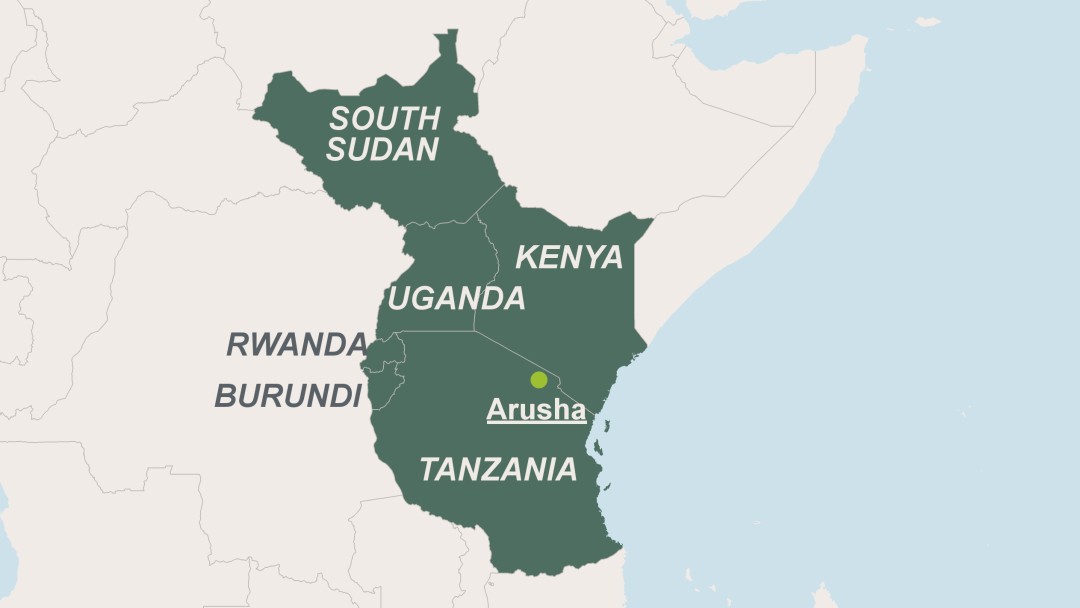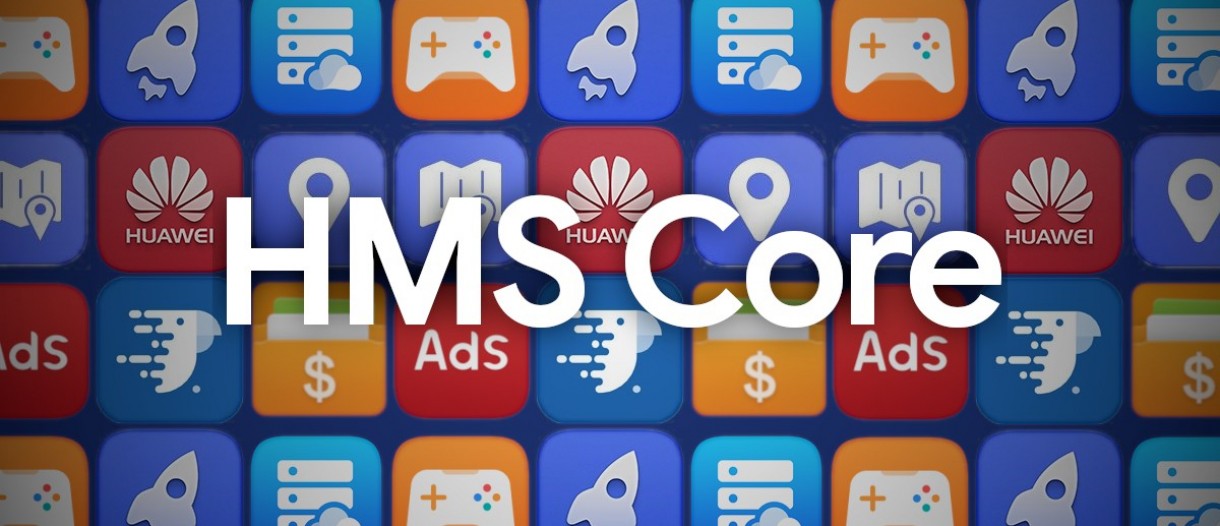Opera launches Hype in Kenya
Global media outfit, Opera has launched its new dedicated chat service built into the popular Opera Mini browser in Kenya. Hype is the first African inspired chat service built into a mobile browser. It will first launch in Africa, where Opera has nearly 150M MAU, with Kenya as the pilot market. Opera hopes to reimagine the chat experience, with content sharing as a key feature; Opera Mini, with more than 100M users worldwide, becomes the world’s first mobile browser with an integrated chat service.

Today, Opera the Norwegian browser developer is announcing the launch of its new dedicated chat service Hype, built into mobile web browser Opera Mini. With the introduction of Hype in the Opera Mini browser, Opera is rethinking the concept of mobile browsers providing its users with a personalized, engaging browsing experience that enables seamless surfing, chatting and sharing content– without compromising speed or driving increased data consumption.
Read also:Will Technology Reinvent ‘the New Normal’ in 2021?
Speaking on the importance of the new chat service, Charles Hamel, Product Lead for Hype said that “chat services and browsers are apps people use every day and feel very personal about,” “With the integration of Hype in Opera Mini, we are not only rethinking what a chat service should be like in 2021, but also changing the very definition of what a mobile browser should be.”
Hype is launching first in Kenya as a pilot market, where starting today, users will be able to easily set up their Hype account and start chatting with secure end-to-end encryption. This launch is a facet of Opera’s emphasis on investing and growing its digital ecosystem in Africa, with the goal of bringing more people online; since 2018, Opera has grown its user base in Africa by 40%.
Read also:Three Cybersecurity Resolutions for Businesses in 2021
The introduction of Hype in Kenya is part of Opera’s Africa First business strategy, adopted three years ago by the Norwegian company. This strategy consists of four main pillars: 1) Develop products with African consumers in mind; 2) Invest and grow Opera’s digital ecosystem in the African region to bring more people online; 3) Partner with leading global and regional companies; and 4) Employ and collaborate with African colleagues and stakeholders.
“Hype was developed first and foremost with African consumers in mind. Today, 40% of the Kenyan population has access to smartphones, with younger generations dominating as 75% of their 47 million inhabitants are under 30 years old,” said Hamel. “With such early adopter demographics at play, there is massive potential for the growth of Hype in Kenya. On top of that, we are also partnering with the leading telecommunication carriers in the country, offering daily free browsing to all Opera Mini users. We believe the combination of these factors will lead to the rapid adoption of Hype in the country.”
This announcement follows similar browser innovation from Opera, which was the first to integrate messenger services as part of their PC browser, in 2019. Today, its more than 80 million users enjoy the integration of services such as Facebook messenger, Telegram, Whatsapp, Instagram and Twitter.
Read also:FairMoney, Nigerian-Based fintech Expands Operations to India
The way people communicate is constantly evolving. Today, new generations are relying on new formats like memes and stickers to express themselves, often relating to pop culture references and internet content they find. To make this easier and fun, Hype brings WebSnap, a feature previously known from the Opera desktop browser that allows users to take snapshots from the web.
Once a websnap is captured, users can edit it by adding colors, text, and emojis, making it fun and entertaining before sharing with others. WebSnap also allows users to smoothly share the link of the original website from which they took their snaps. This comes in handy as users no longer need to copy links from websites and switch between apps to share the content they want.
Hype is the first African inspired chat service built into a mobile browser. It offers its users a series of stickers created by Kenyan artists Brian Omolo and Lulu Kitololo. These unique collections of stickers reflect everyday expressions used by Kenyans to provide users with a more engaging experience when communicating with others.
Read also:FairMoney, Nigerian-Based fintech Expands Operations to India
“We are extremely happy to celebrate African culture with Hype and we are very excited with the end result and the collaboration we had with Brian and Lulu.” said Hamel. “These unique stickers with original designs are something we are very proud of at Opera as we become the first major browser to integrate real African art and pop culture into our products.”
Current messaging services were created almost a decade ago, and none of these has ever focused on having such collaboration with local artists to make online conversations more engaging. This unique offer from Hype stands out from other chat services and enables Kenyans with the ability to express themselves more accurately when using chat apps. The latest population census in Kenya, published in 2019, reported that the country is strongly youthful. Of Kenya’s 47 million inhabitants, 75% are less than 30 years old, with children and adolescents representing 63% of the total population.
“Hype was developed first and foremost with African consumers in mind. Today, 40% of the Kenyan population has access to smartphones, with younger generations becoming early adopters of technology,” said Hamel. “With such demographics, there is massive potential for the growth of Hype in Kenya. On top of that, we are also partnering with Safaricom and Airtel, the leading carriers in the country, offering free daily browsing to all Opera Mini users. We believe the combination of these factors will lead to the rapid adoption of Hype in the country.”
Read also:Morocco, Senegal to Increase Cooperation in Business, Research
In Q4-2020, the Opera user base reached 380 million monthly active users (“MAU’s”) worldwide, with nearly 150 million MAUs based in Africa. Since the announcement of Opera’s Africa First strategy in Q1-2018, Opera has grown its user base by 40% in the African region. This rapid growth in the region gives Opera a unique position to scale its digital ecosystem infrastructure and leverage its brand awareness and recognition. Opera also gives more value to its users there by introducing new products and features that truly address the needs of its users locally.
Kelechi Deca

Kelechi Deca has over two decades of media experience, he has traveled to over 77 countries reporting on multilateral development institutions, international business, trade, travels, culture, and diplomacy. He is also a petrol head with in-depth knowledge of automobiles and the auto industry

















